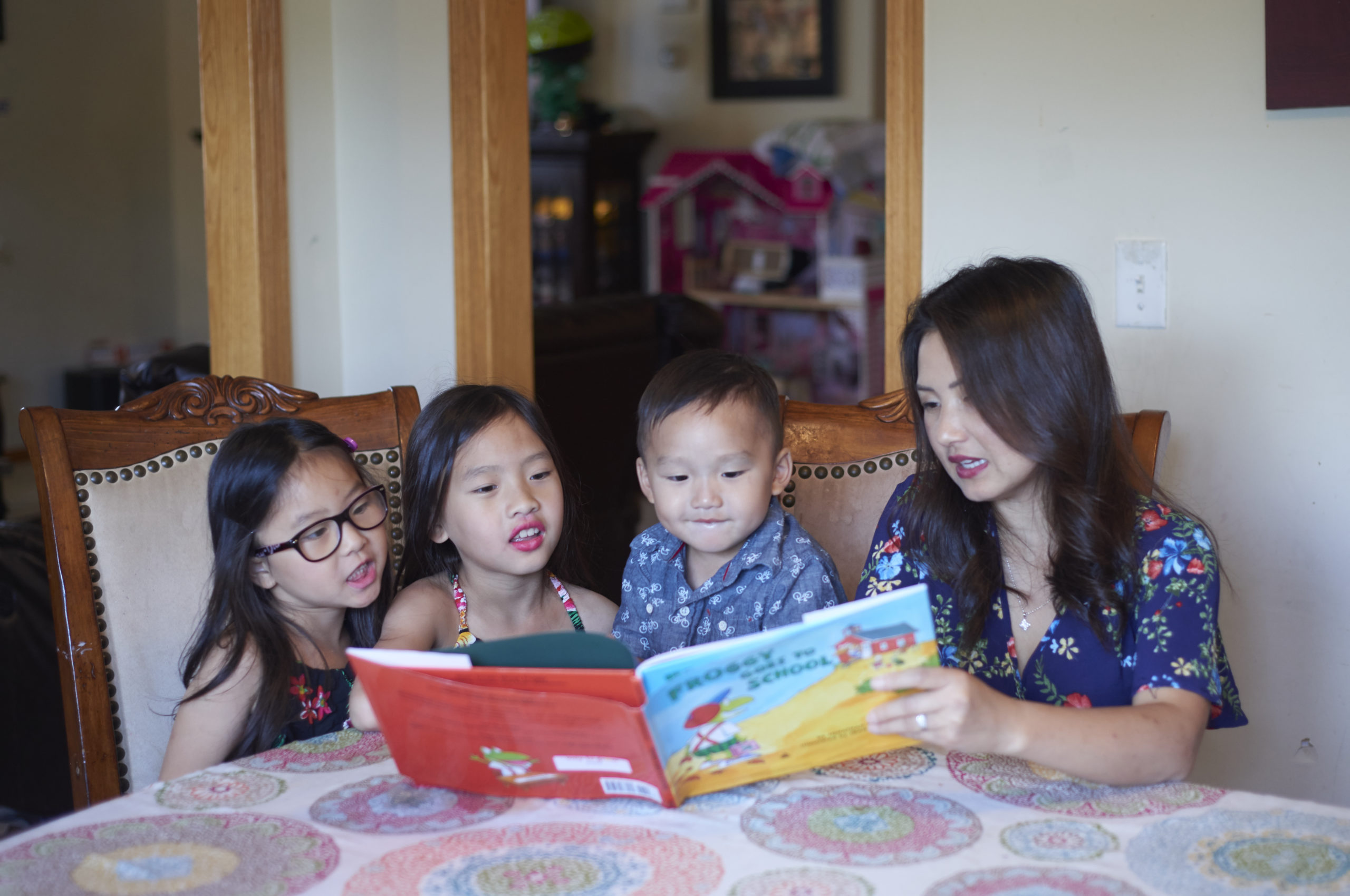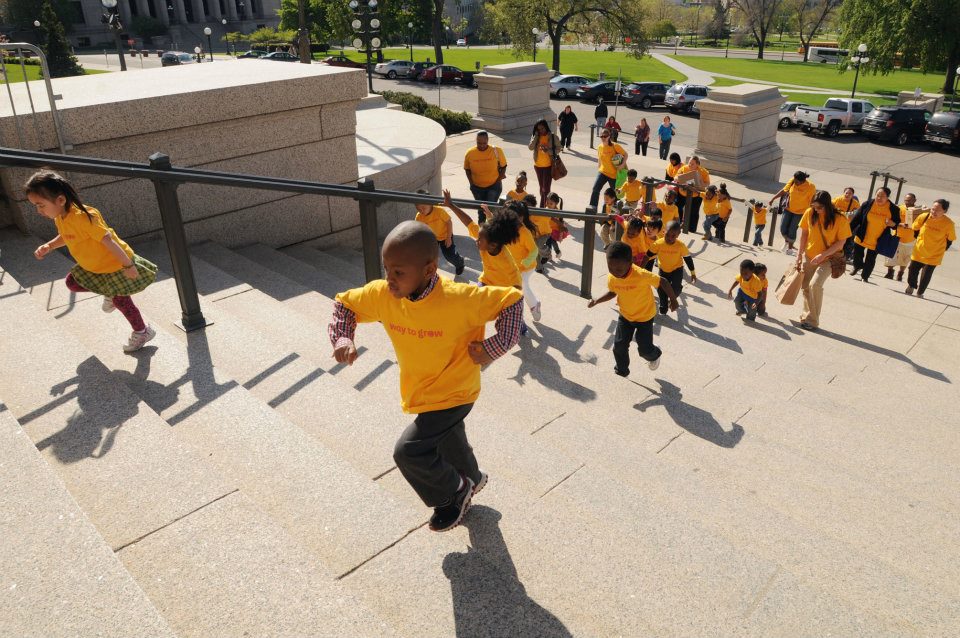Minnesota Students’ Scores Mixed on Nation’s Report Card
Minnesota Students’ Scores Mixed on Nation’s Report Card https://waytogrow.org/wp-content/themes/movedo/images/empty/thumbnail.jpg 150 150 Ivy Marsnik https://secure.gravatar.com/avatar/ab576c09797e9f9d67fd5ff51d64d1d7?s=96&d=blank&r=gThe National Center for Education Statistics released the 2015 National Assessment of Educational Progress (NAEP)—otherwise known as the “Nation’s Report Card”—showing mixed results for Minnesota students. The data show that eighth-grade students are outperforming their peers nationwide on both reading and math. Minnesota fourth-grade students continue to score high on math, while reading scores dropped from 2013.
Minnesota’s results don’t exactly mirror trends of students nationwide. Nationally, students throughout the U.S. scored significantly lower in fourth-grade math and eighth-grade math and reading. There was no change in the nationwide score for fourth-grade reading from 2013.
“The data underscore the urgency we feel in Minnesota. Across the nation and here at home, these results show there is still much work that needs to be done for our students,” said Education Commissioner Brenda Cassellius. “While we can be proud of our students’ relatively strong performance compared to other states, it would be a mistake to be complacent given that there is still significant room for improvement.”
How Minnesota Students Performed on the 2015 Nation’s Report Card
Every two years, a representative sample of Minnesota fourth- and eighth-graders takes the NAEP. Approximately 5,000 students from each grade are tested on either math or reading. A science portion is also administered, but those results are not available until spring. NAEP results for Minnesota students remained mostly constant from two years ago when the last report was released.
Eighth-Graders Third-Best in Math, Seventh-Best in Reading
Minnesota eighth-grade students saw increases in their national ranking, up from fifth in math and 11th in reading, from 2013. Scores for state eighth-graders were significantly higher than the national average, with eighth-graders posting the highest ranking for reading on record. Data also show that female eighth-graders in Minnesota outperformed their male counterparts in reading, while achievement gaps persist in both subjects.
Fourth-Grade Math Scores Still Top of the Pack
Despite a dip in scores, Minnesota fourth-graders scored significantly higher than the national average, ranking number two after leading Massachusetts in 2013.
Fourth-Grade Reading Scores Drop
According to the 2015 NAEP scores, Minnesota fourth-grade students scored slightly higher than the national average on reading, though the difference is not statistically different. This is a dip from 2013, with Minnesota’s rank nearing its 2011 level.
“This year’s NAEP scores provide another data set that helps us evaluate how we can better serve our students. We’ve made smart investments and policy changes over the past few years that are taking root, but seeing results won’t happen overnight. That said, we cannot let up in our efforts to ensure every student, from every background and every ZIP code, has access to a great education that prepares them for success,” Cassellius said.
View the full report at http://nationsreportcard.gov.
About the National Assessment of Educational Progress (NAEP)
The Nation’s Report Card is the largest nationally representative, continuing evaluation of the condition of education in the United States. Through the National Assessment of Educational Progress (NAEP), The Nation’s Report Card informs the public about what America’s students know and can do in various subject areas and compares achievement data among states and various student demographic groups.
Since NAEP assessments use the same sets of test booklets for students across the country, NAEP test results serve as a common metric to compare academic progress and performance between states. The assessment stays essentially the same from year to year, which also makes NAEP scores a useful tool to assess student academic progress over time.
This press release was created by the Minnesota Department of Education.
Contact: Josh Collins, 651-582-8205, josh.collins@state.mn.us




